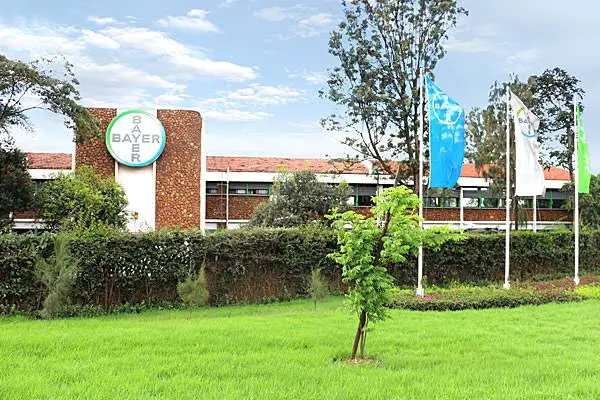
Bayer East Africa which acquired Monsanto last year intends to lay off some staff, the firm’s new Managing Director Laurent Perrier has said.
Mr. Perrier last week said some employees will have to be sent home as their positions are declared redundant. He however, did not reveal the number of employees to be affected by the redundancy.
“Job cuts are expected when two firms come together. I will not say there will be no job cuts, this is not true,” said Mr Perrier in an interview with the Business Daily last week.
The Germany-based conglomerate bought out Monsanto last year and retained the name Bayer for the two merged entities.
Bayer core competencies are in agriculture and health care. In lay man’s terms, Bayer manufactures chemicals i.e. medicine and pesticides.
Bayer joins companies that have recently been cutting staff following hard times in the economy.
Our series #UnemploymentCrisisInKenya has documented the many layoffs that are being undertaken in Kenya. Most companies blame harsh economic conditions for the layoffs.

Monsanto Core Business
Monsanto Kenya was a leading supplier of hybrid seed brands in large-acre crops like maize, cotton, and oilseeds (soybeans and canola), as well as small-acre crops like vegetables.
The Competition Authority of Kenya (CAK) approved the buyout of Monsanto Kenya by Bayer’s investment vehicle Bayer Aktiengesellscharl KWA Investment Company last year through a gazette notice.
Comesa Competition Commission (CCC) also approved the merger after finding out that it was not likely to lessen competition in the region.

Monsanto Human-poisoning ways
In August 2018, a US court found Monsanto guilty after it was sued by a man who alleged the company’s glyphosate-based weed-killers, including Roundup, caused his cancer.
The court ordered the company to pay $289 million (approx. Kes. 30 billion) in damages.
The case of school groundskeeper Dewayne Johnson was the first lawsuit to go to trial alleging glyphosate causes cancer. Monsanto, a unit of Bayer AG following a $62.5 billion acquisition by the German conglomerate, faces more than 5,000 similar lawsuits across the United States.

Local Kenyan media have incessantly reported that the same cancer-causing weed-killer is retailing in Kenya without any effort from the government to ban it. The Kenya Bureau of Standards (Kebs) appears to disobey court orders against the use of the chemicals.
In Kenya, agronomists and coffee marketing agents have raised the red flag over the use of harmful weed killers that are used on coffee, tea and sugarcane farms.
Bayer/Monsanto denies that the weed-killer causes cancer, but the truth is out there.
Countries such as France have announced that they will ban the pesticide. Other countries have announced intentions to outrightly ban or impose restrictions on the use of glyphosate-based herbicides, including Roundup.

Consumer protection
The Consumers Federation of Kenya (Cofek) said a mix of laxity and corruption within government agencies will continue exposing Kenyans to cancer and other risks.
“Most of these products that are said to be cancerous or have other negative impacts on consumers do actually meet the stands set by Kebs,” said Secretary General Stephen Mutoro.

















































